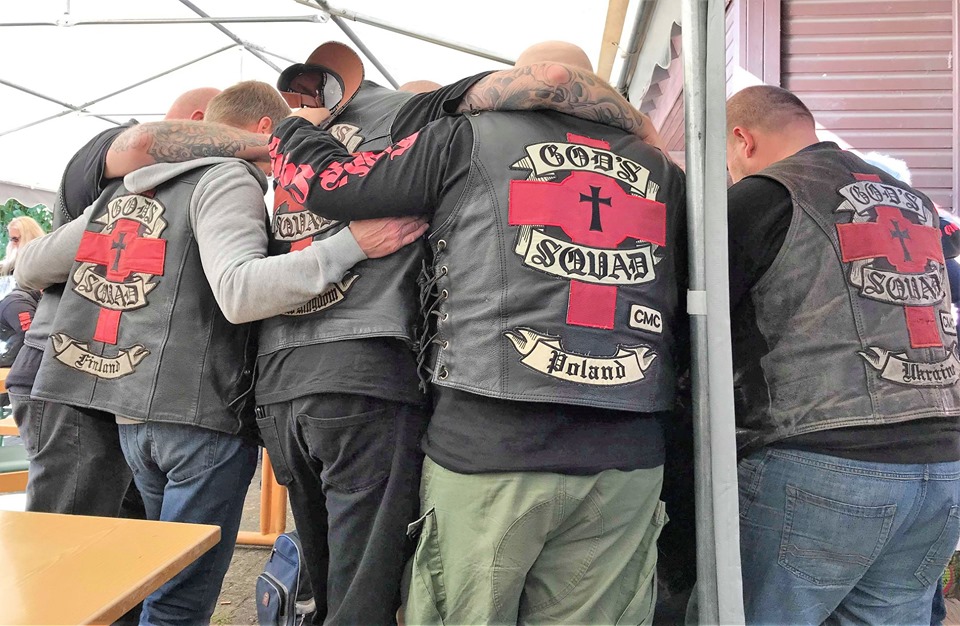Womin-Jeka, (which is the local Wurundjeri indigenous phrase for welcome in my part of Australia) sisters and brothers and warm greetings from a warm Melbourne spring day. I trust all is well in your world. Today’s gospel text comes from Luke 11:1-4 where Jesus teaches his disciples (and us) how to pray.
This prayer, often referred to as the Lord’s prayer, is probably the most well known and often recited prayer in the world, yet possibly the least understood. There is so much packed into a few short verses, and I can only offer a very short and inadequate reflection of it today.
The first word of the Lord’s Prayer is “Our.” That’s important. This prayer Jesus taught us is a prayer of community and reconciliation, belonging to a new kind of people who have left the land of “me” and individualism. For many of us we get stuck right here, because community asks questions of us and individualism doesn’t. In community we learn from each other and are accountable to each other, a foreign concept for many.
The prayer centers on the “father”, it opens and closes with him (v2,11) For Luke, this father is known as a father of great compassion (15:11-32). Our God is marked by grace and love, not fear and retribution
Your kingdom come on earth, this is not just about the afterlife, but how we live life here and now. For Jesus, the kingdom of God is central. And if we want to understand what this looks like for Luke then some good starting places are Mary’s song (1:46-55), Jesus’ mission statement (4:18-19), and the sermon on the plain (6:20-49), which opens with the promise of the kingdom to the poor and outcast.
Jesus invites us to share in his kingdom, to live out his kingdom and to proclaim his kingdom here and now. It includes how we treat the least, the lost and the last in our midst. It has consequences for how we share our resources with the majority of the world who don’t have enough. It has consequences for how we care for God’s creation, how we treat each other and how we respond to the powers around us.
The Kingdom of God begins with small acts of subversive grace. It’s been said that “Everybody wants a revolution, but nobody wants to do the dishes…” following Jesus and his kingdom must begin with little acts of love, like washing feet or doing dishes.
Forgiveness is another central theme for Jesus in Luke’s gospel. (e.g.1:77; 3:3; 7:36-50; 24:47) Here Jesus speaks of both being forgiven and showing forgiveness. It is not because God will not forgive unless we forgive first but because we are called to model our love on God’s (6:34-36; 17:26). In forgiving others, we free ourselves to experience God’s forgiving love more fully, which makes it possible for us to love still more (7:47).
It is impossible to do any of this in our own strength, we need the power of the Holy Spirit and the support of sisters and brothers to not only pray this but to live this out.
Recently we held our God’s Squad International Gathering in Germany. As part of our time we commissioned our new International president and executive. These were done in front of our global community with affirmations and commitments to each other. it was a time of celebration and community at its best. Today’s image is from this time of laying on of hands, of prayer and dedication.
This image is a powerful one for me because it speaks of community, accountability, celebration, unity and an acknowledgement of God’s kingdom activities.
Today may we not just say the words of this prayer, but also attempt to follow Jesus by living out their subversive implications in our lives through the power of the Holy Spirit as we offer an alternative way of life – Amen.
Barro – Melbourne chapter, Australia
